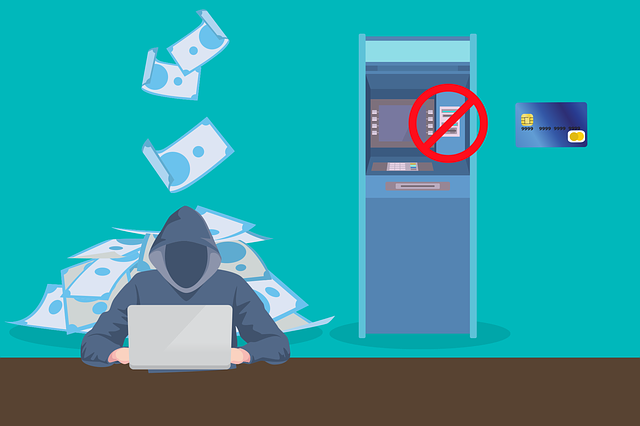Students searching for rentals in unfamiliar cities must be vigilant against scams. Recognize pressure tactics, requests for excessive personal info, and too-good-to-be-true offers. Verify landlords' legitimacy by cross-referencing sources, checking reviews, and verifying demands for cash payments. Exercise caution when sharing sensitive data early in the process to avoid scams.
Navigating the search for a rental can be stressful, but understanding common scams is crucial in recognizing them. This student guide arms you with knowledge to protect against deceptive practices. Learn to identify red flags that manipulators often employ and safeguard your personal information. Discover tips for verifying landlord and property legitimacy to avoid falling victim to scams. By being informed, you empower yourself to make secure housing decisions.
- Understanding Common Rental Scams
- Red Flags to Recognize Manipulators
- Protecting Your Personal Information
- Verifying Landlord and Property Legitimacy
Understanding Common Rental Scams

Students looking for rental accommodations often find themselves in a vulnerable position, especially in unfamiliar cities. It’s crucial to be aware of common rental scams to protect yourself from financial loss and distress. Scammers target unsuspecting individuals by exploiting their urgency to secure a place to live. They may use tactics such as pretending to be landlords, demanding upfront payments for nonexistent properties, or creating fake listings on popular rental platforms.
Recognizing these scams is the first step towards prevention. Always verify the legitimacy of a listing by contacting the landlord directly through official channels. Be wary of deals that seem too good to be true, and never wire money or provide sensitive information without confirming the identity of the person you’re dealing with. Stay informed about common scamming trends to stay one step ahead and ensure a safe rental experience.
Red Flags to Recognize Manipulators

Recognizing scams is a crucial skill, especially for students navigating rental options. One common tactic used by manipulators is to create a sense of urgency and pressure. Be wary of landlords or agents who insist on immediate decisions, demanding quick actions with no time for thorough consideration. They may claim that the property will be snapped up quickly or imply that other interested tenants are waiting in line.
Another red flag is an excessive focus on personal details and financial information. Scammers often require students to provide sensitive data without valid reasons. Be cautious when asked for bank statements, proof of income, or detailed personal information early in the rental process. Legitimate landlords typically request such documents during the later stages of application evaluation.
Protecting Your Personal Information

When searching for a rental, it’s crucial to understand that sharing personal information is an essential part of the process. However, this also makes you vulnerable to potential scams. Recognize scams by being cautious when asked for sensitive data, especially early in the interaction. Be wary of requests for detailed financial information, social security numbers, or copies of identification documents from strangers or unfamiliar organizations. Legitimate landlords and property management companies typically gather such details during later stages of the application process after verifying your identity and affordability.
To protect yourself, only share necessary information with verified contacts you trust. Cross-check the landlord’s or agent’s details against official records to ensure their legitimacy. Additionally, be wary of communications via unfamiliar email addresses or phone numbers. Always prefer direct communication channels like official websites, landline phones, or trusted referrals from friends or family members who have recently rented properties.
Verifying Landlord and Property Legitimacy

When looking for a rental property, it’s crucial to verify the legitimacy of both the landlord and the property itself. Start by cross-referencing the information provided by the landlord with reliable online sources or local real estate databases. Check if the property is listed on popular rental platforms and read reviews from previous tenants to gauge their experiences. Be wary of any listing that seems too good to be true, as this could be a red flag for potential scams.
A key aspect in recognizing scams is understanding common schemes used by fraudsters. For instance, a landlord might ask for upfront payment without providing a signed lease or proof of their identity. Legitimate landlords typically require a security deposit and first month’s rent, but they will not demand cash payments before finalizing the rental agreement. Always communicate openly with potential landlords and trust your instincts if something feels amiss.














